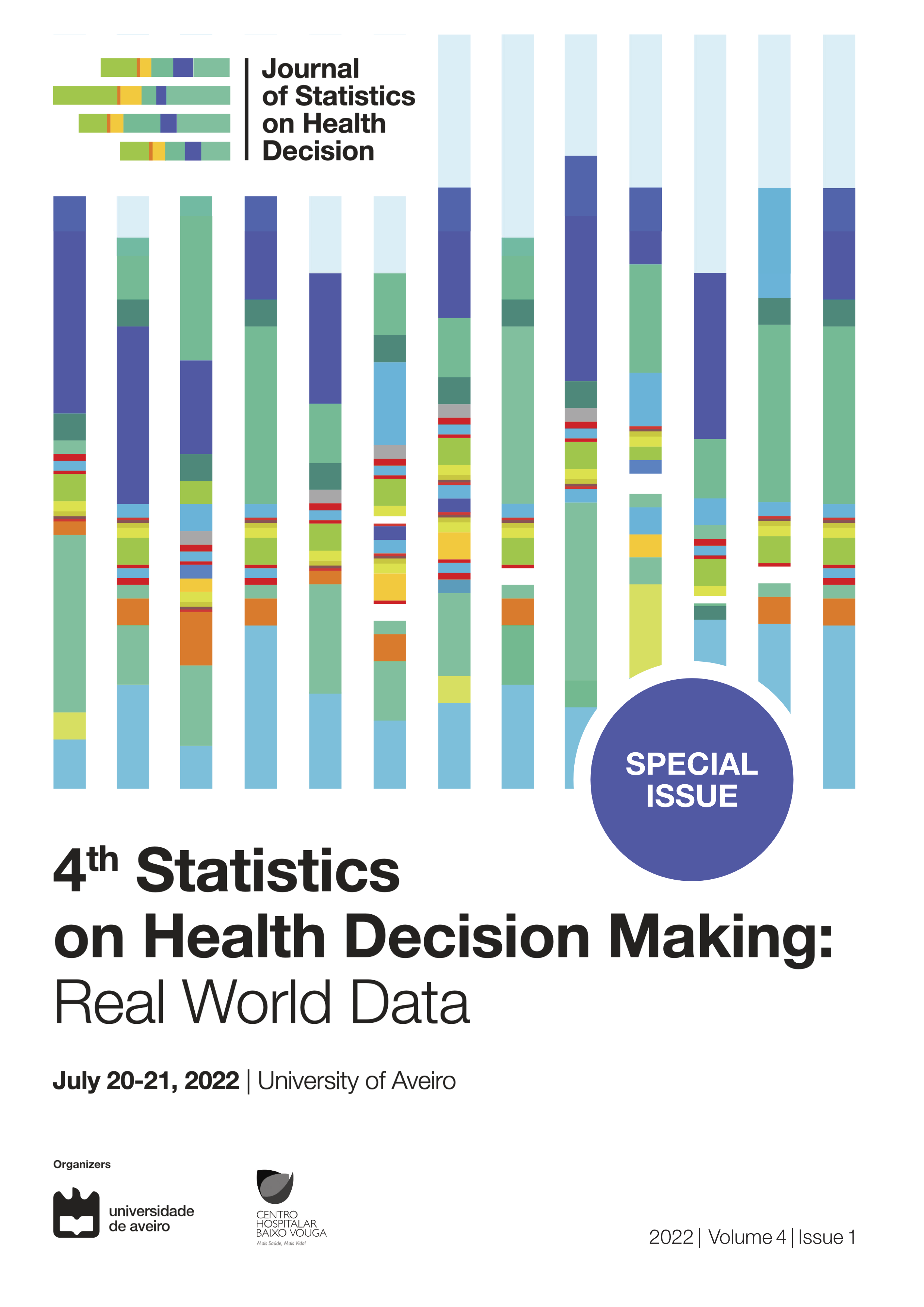Technology-mediated intervention and cognitive functioning: a systematic review and meta-analysis
DOI:
https://doi.org/10.34624/jshd.v4i1.29032Keywords:
Technology, older adults, cognitionAbstract
There are several types of physical activity activities that are mediated by technology, including sports (8-10) or dancing (11-14). These activities are believed to require both physical and cognitive abilities and have been used to improve physical and cognitive functions in older adults (15-17). To our knowledge there is no systematic review that aimed at synthetizing and evaluating existing evidence on the impact of technology-mediated physical activity on cognitive functioning of older adults with clinical conditions, therefore this study aims to assess the impact of technology-mediated physical activity on the cognitive function of older adults with clinical conditions. A meta-analysis was performed using R packages meta and metafor in RStudio Version 1.4.1103 (Rstudio Team, 2020) running R version 4.0.5 (R Core Team, 2021). Cognitive function was classified into five domains, (1) general cognition (2) immediate verbal memory, (3) delayed verbal memory, (4) attention, and (5) inhibition. Thirteen studies were included in this systematic review (10, 15, 21-31). Results suggest no difference between interventions mediated by technology and the other interventions (i.e. physical exercise and combined physical and cognitive exercise) on the cognition of older adults with clinical conditions. Given the potential benefits of interventions mediated by technology, more research is needed to establish the effective components for cognition and physical function and apply this understanding to the development of evidence-based interventions and stablished guidelines for the best prevention or treatment of cognitive decline.
References
Downloads
Published
Issue
Section
License
When submitting an article to the Journal of Statistics on Health Decision (JSHD), authors certify the following clauses:
- Originality and single submission – The contents presented in the article have not been published previously in whole or in part, and were not submitted or are not under active consideration elsewhere prior JSHD decision. The article is authentic and does not contain plagiarism.
- Authorship – All authors reviewed the article, agreed with its content, and agreed to its submission to the JSHD. All the authorship criteria stated by The International Committee of Medical Journal Editors Guidelines were met.
- Conflicts of interest – Any conflict of interests were declared. If authors have no declaration, it should be written (in the acknowledgements section): “The authors declare no conflict of interests”.
- Ethics committee and informed consent (if applicable) – The current research was approved by an independent ethics committee and subjects gave their informed consent before they were enrolled in the study.
- And authors agree to the Open Access license agreement of the Journal of Statistics on Health Decision, stated bellow.





